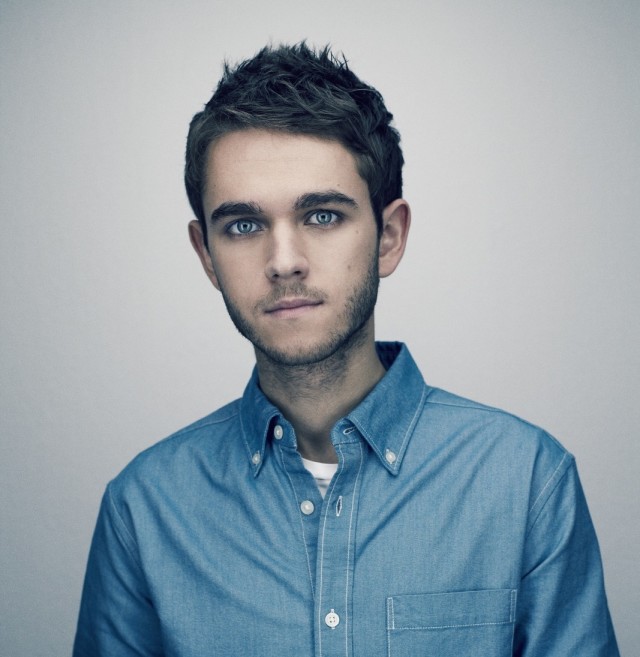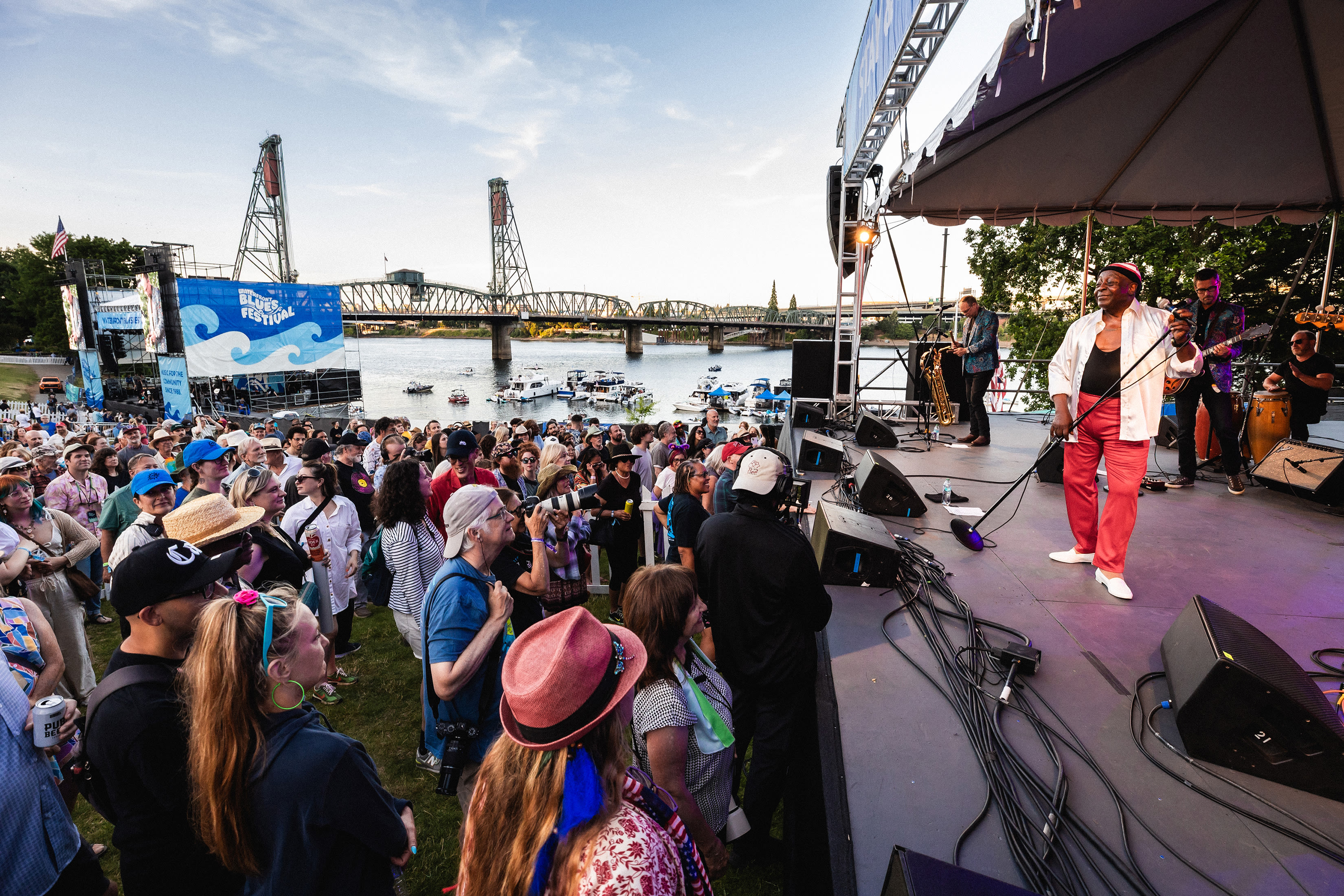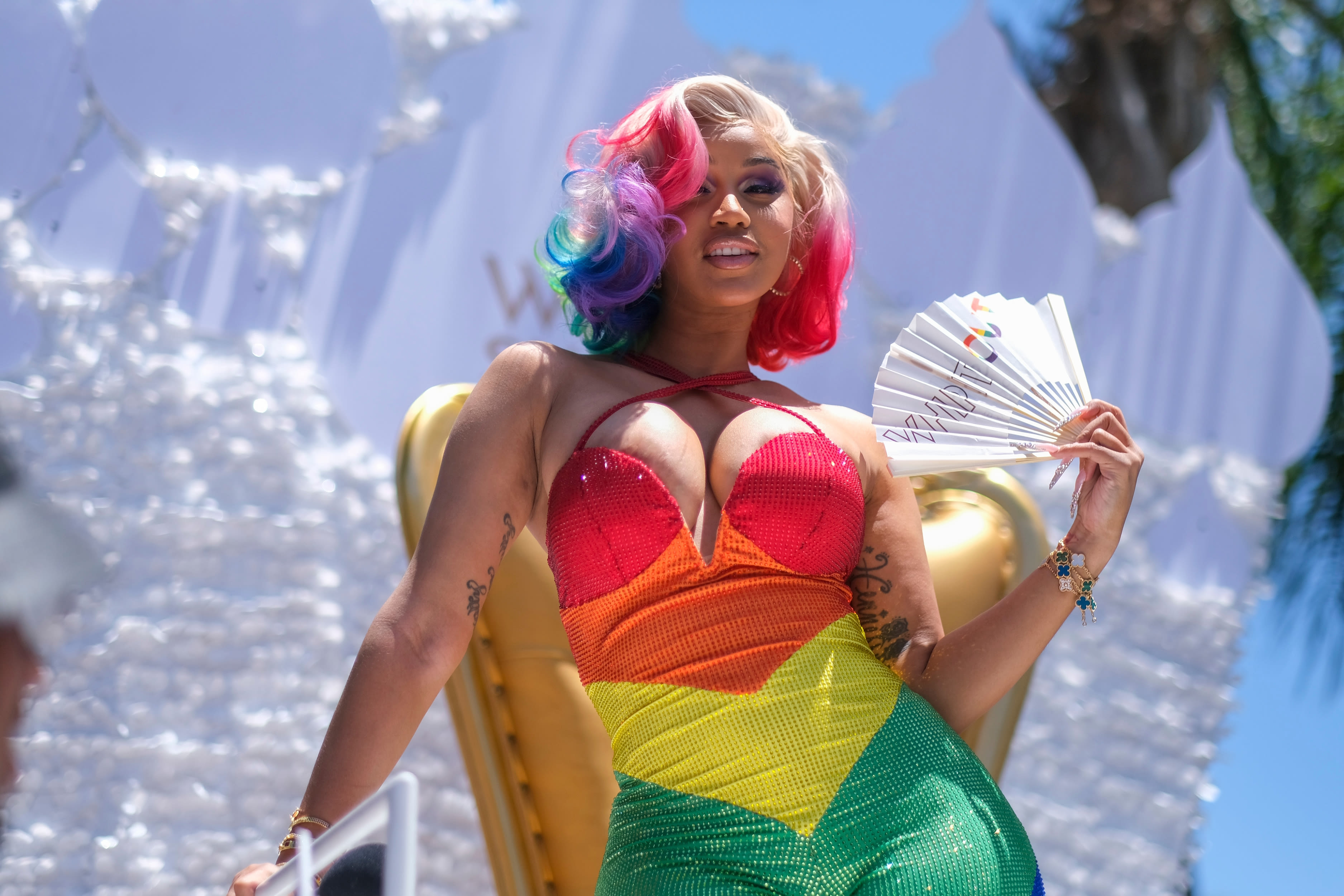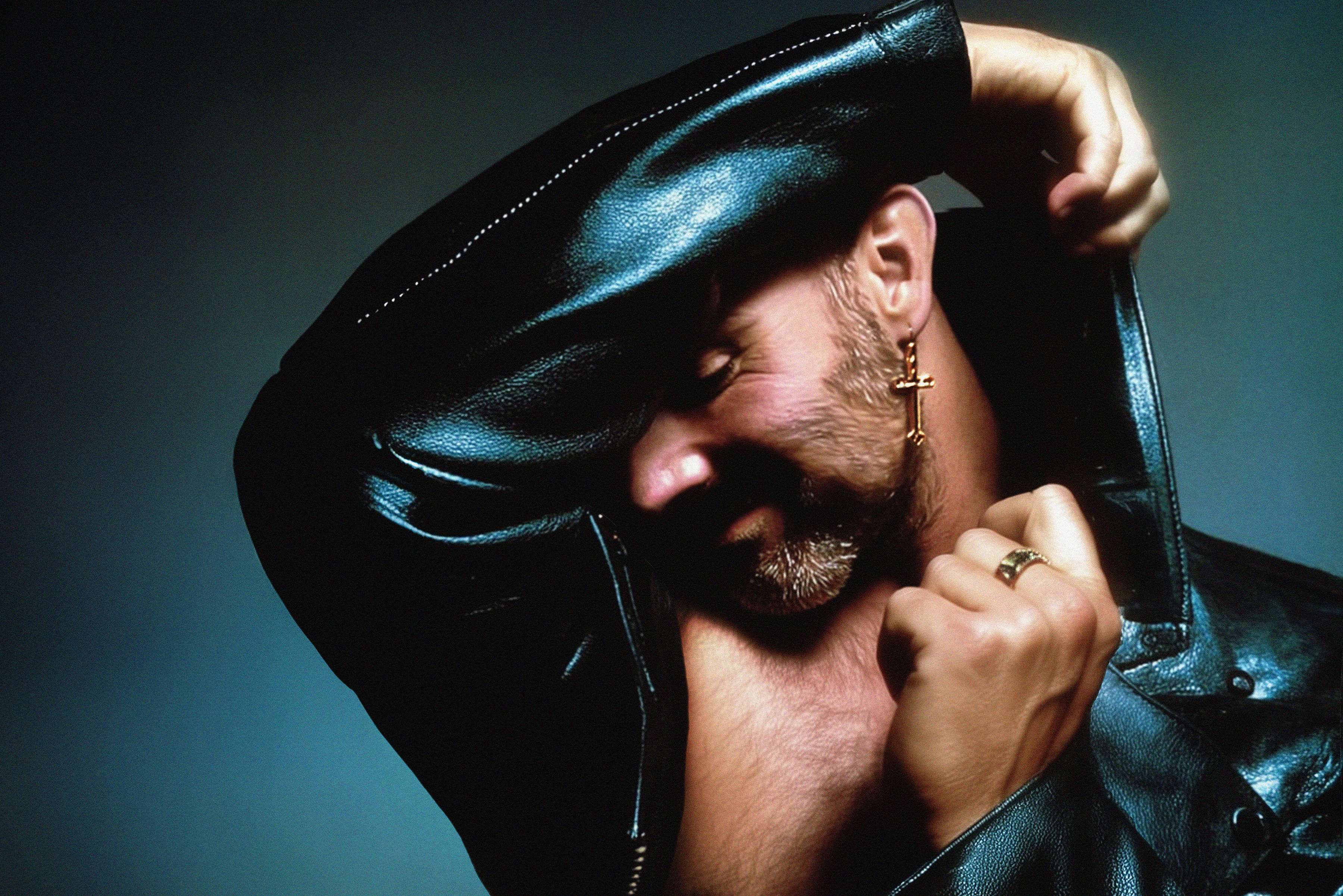Q&A: Zedd

We caught up with Zedd in El Paso, Texas, to chat (in eerily perfect English) about his tour, his classical training, and the differences between Europe and the US.
You are a classically-trained musician as I understand…
That’s right, both my parents were musicians, so they taught me to play instruments. I started with piano, that was my main instrument, when I was 4 years old. Then when I was 12, I started playing the drums in a band. I taught myself to play guitar a little bit. I’m good enough that I can record myself when I need guitars in my music.
Has that background influenced your electronic music?
I think it makes all the difference, honestly. I don’t think I would be able to make the kind of music I make if I didn’t have that schooling. Even though I make electronic music, the most important part is the chord progressions and the melodies, not the sounds. That all comes from playing the piano and recording and coming up with something cool, and not so much with learning to use plugins.
What’s your primary equipment?
The biggest tool is the keyboard. I usually just start with writing the chords, and the melody. I record that, sometimes just on a phone so I don’t forget. And then I put that into the computer, and I start trying to find the right sounds and song structure. And the very last part is always the vocals. Then I need to find the right vocalist.
Who are your biggest influences?
Bands that I listened to when I grew up, like Queen and Genesis. And when I was playing in a band, I listened to a lot of bands like Thrice and Radiohead. Those bands will always be more inspiring to me than a lot of current music—although I like a lot of pop music as well. But if I really want to be inspired, I listen to Queen. It makes me realize how much music there is that I haven’t made yet.
Is it important to listen to a lot of different genres?
It depends on what you do, or what kind of artist you are. For me, I think it was important that I’ve made a lot of different types of music. What I like to do at the moment is crossing genres—which is why I have Hayley [Williams] from Paramore singing on my album, and not one of the five dance artists that are on every second EDM song.
I do want to have different textures, and different vibes than what everyone else is doing. So understanding the other musical worlds is a big advantage. But I don’t want to say you have to like every genre to make good music.
Do you see any big differences when you tour here in the US, than in Europe?
I do see big differences, yeah. In the States, people are way more open-minded and are down for crazier stuff. In Europe, unfortunately, a lot of times you get the vibe of, ‘Man, we’ve had that for 20 years. We’re sick of it.’ Which is obviously not the best vibe to get from a crowd when you’re playing music you like.
A lot of the new fresh, electronic music that’s happening in the states right now is different than what was in Germany before. There’s still a change going on with people accepting the fact that there are new types of electronic music. That it is actually fresh and not something that we’ve had for a long time.
Zedd
Roseland Theater
Oct 2 at 8pm
Electronic music tends to be very collaborative. Do you like that aspect of it?
I like it and I don’t like it. I like parts of it because no matter how good you are, a second opinion from someone else will always push you to a certain point that you wouldn’t go yourself. That’s a good thing. But personally, I don’t like compromises. I’m in a happy position that my label doesn’t tell me what to do musically. So I just go ahead and do what I like. When there’s a second artist involved, you have to fight for—in a good way—what you want. But I’m not a big fan of compromises.
The people I work closely with are very carefully selected. Collaborating with Lady Gage, for example, was very interesting because she understands music. She pushed me in a direction that I wouldn’t have gotten by myself. So that was something good.




